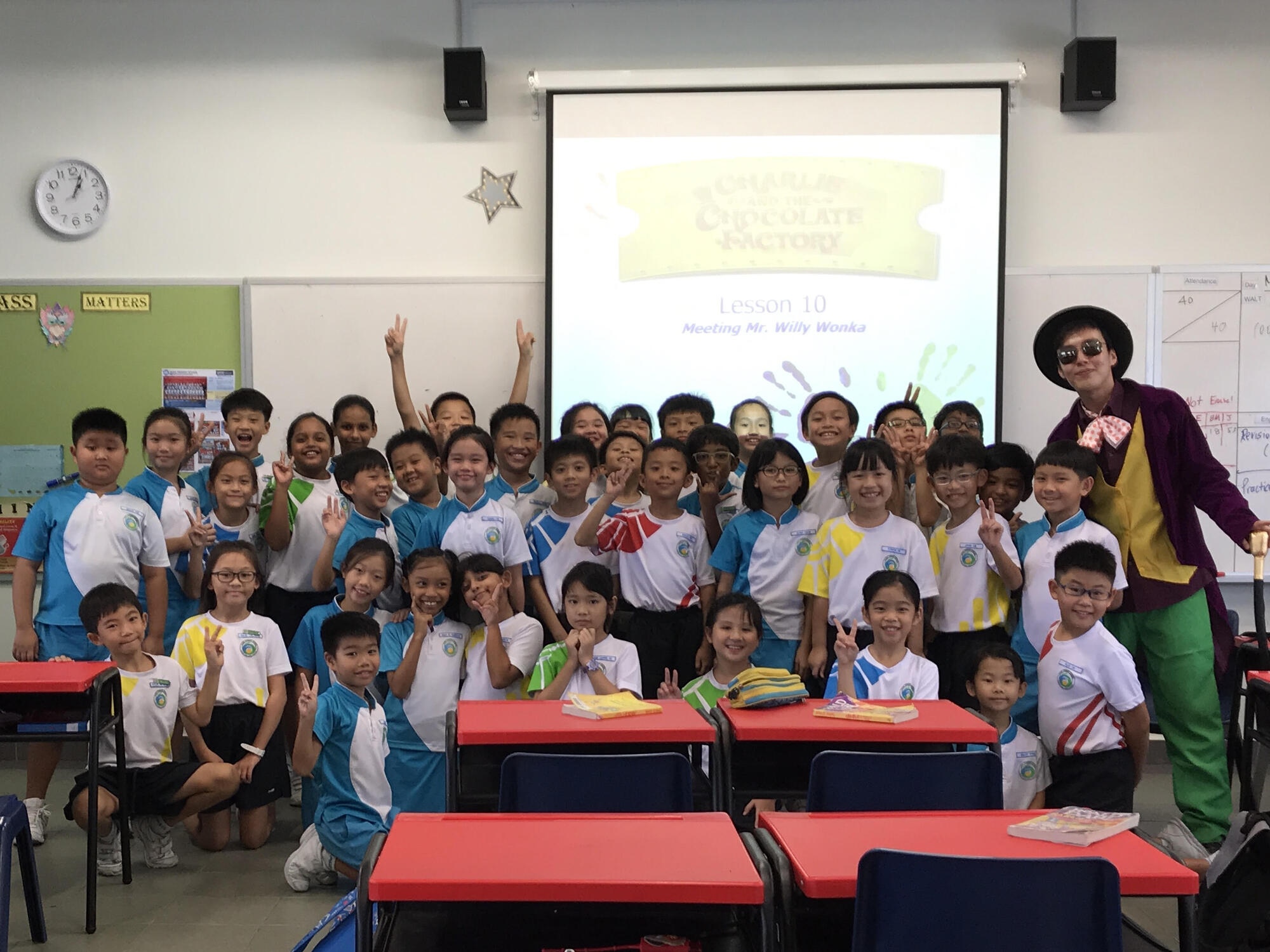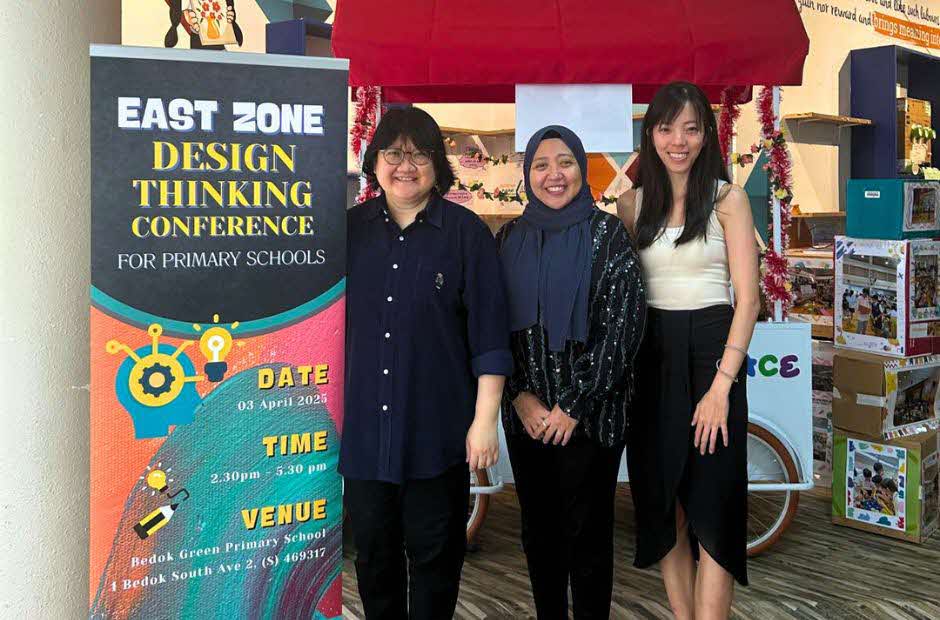It All Comes Down to People and Values
“It made me cry!” blurted my Primary 4 student during one of our English lessons.
I had asked my students to share their thoughts after reading the book Wonder by R.J. Palacio. The main character is Auggie Pullman, a 10-year-old boy who suffers from a craniofacial condition, which is a facial anomaly.
“It is just sad, why is everyone so mean to Auggie when he is not that different from all of us?” the student continued.
“So, do you think Auggie is like you and me?” I asked the class. They spent the next 20 minutes debating this vigorously.
Some disagreed. They felt he looked very different from an ordinary kid. Others observed that Auggie is like any kid his age, who enjoys eating ice cream and playing soccer.
At the end of the lesson, another student concluded: “His face is different. But deep down, we are all the same, ordinary.”
This is the power of stories.
As an English teacher, I want to expose my students to multiple perspectives and world views. I want them to step into the shoes of people who are different from them, and understand them — stories are a wonderful vehicle to enable this.
Wonder takes place in a school setting with characters who are the same age as my students. Besides Auggie, there are also his classmates. They learn to accept Auggie and speak up for him when he is bullied. Friendship, peer pressure, courage — these themes are told in a way that my students can relate to.
As a teacher, I want to focus on equipping my students with social skills that are uniquely human, such as empathy, the ability to communicate, and learning to work with others. These traits, always valuable, are even more critical today in the face of a future where automation promises to play a big role. Robots cannot empathise. These are traits that cannot be replaced by robots.
Making Friends One Letter at a Time
Beyond books and discussions, I want to give my students the opportunity to reach out and practise empathy. Through my colleagues at the Character and Citizenship Department, we started a pen-pal initiative with special needs students at Pathlight School.
During English class, my students learnt to introduce themselves through letters to their new friends at Pathlight by sharing their hobbies, their likes and dislikes. A staff member from Pathlight School also came down to our school to talk about autism, so my students could understand things from their new friends’ perspective.
When my students received the letters from their new friends, they were so excited!
“We share so much in common. My new friend at Pathlight School enjoys playing Fortnite and Roblox, online games just like me!” one student said.
“Wow, he can draw and colour so well!” another showed his letter to his classmate. It had a drawing of two boys meeting for the first time.
After weeks of exchanging letters, my students finally had the opportunity to meet their buddies in person. We visited Pathlight School during International Friendship Day.
Students from both schools played simple games such as passing the ball. They ate together during recess and my students sat in for an English lesson. At the end of the day, my students told me they were looking forward to having their buddies from Pathlight School visit our school the next time, which they did a couple of weeks later. This initiative lasted for one semester but the special friendships among the students remain.
A Surprise Classroom Guest
As important as empathy is the ability to communicate with confidence.
When my Primary 3 class was studying the book Charlie and the Chocolate Factory by Roald Dahl, I told them I would invite a surprise guest to class.
Little did they expect I would come to class dressed as Mr Willy Wonka, one of the characters in the book. When they saw me in my costume, they were so excited. I asked my students to interview ‘Mr Willy Wonka’.
They began firing questions at me. “You seem to like Charlie more, is that true?”, “Why did you organise a competition to find someone to take over your factory?”, “Is purple your favourite colour?”
As I responded, I could see they were listening intently. Some of the students who would usually have been afraid to articulate their thoughts in class, were also asking questions. I could see they were really thinking critically about the text. The effort to dress up was worth it.
Through stories, role-playing and discussions, I hope my students can understand why someone is feeling angry, sad or happy. I hope they realise their actions can affect others, for better or worse. Like what the teacher in the book Wonder taught his students, I hope they will always choose to be kind.




.jpg)

.jpg)